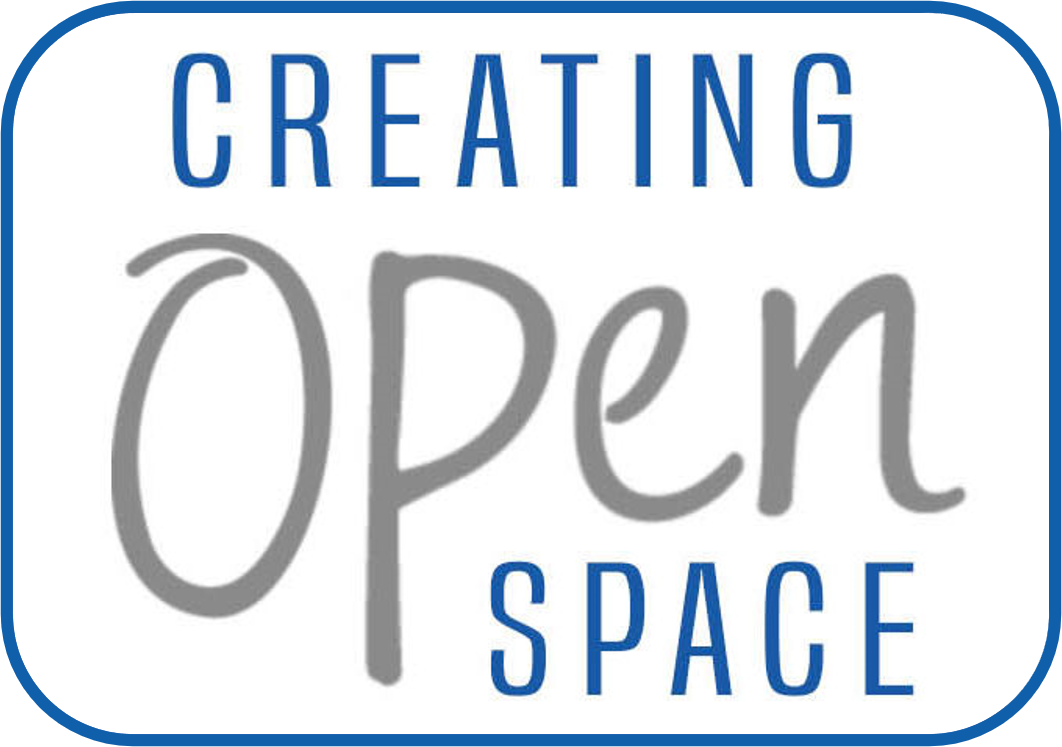People vs. Products
Lidia (name changed for privacy) has been in a relatively senior leadership role for nearly 2 years. Like most of her colleagues, she was promoted as a strong contributor and a solid team player. Lidia knows her stuff, and assumed that leading her team wouldn’t be all that different than being a top performer on the team. Within a month of her promotion, Lidia discovered otherwise. Colleagues who once confided in her now hesitated and held back. As the top performer on the team, she felt trusted. Now – for seemingly no reason – her actions were received with skepticism. Lidia reached out for coaching when she was ready to give up on leading teams altogether. Lidia soon realized that she was managing her people much the same way that she had previously managed her work products. The trouble is that work products and people are really quite different. Work products take no offense when treated unfairly or put aside by a different project; they don’t resist change; they’re open to continuous improvement; they can typically be repaired when broken; they’re highly affected by the effort that people put into them. People, on the other hand, are easily offended, willful, opinionated, pulled in multiple directions, and highly affected by moods. Lidia realized the following:
Managing people as work products looks like:
Fixing
Working on
Using reason
Listening to yourself
Managing people as people looks like:
Coaching
Relating to
Using empathy
Listening to others
Once Lidia created these distinctions for herself, she reflected on which approach she used throughout the day. An honest self-assessment showed Lidia that she spent about 80% of her time managing people as if they were work products – fixing the problems they brought to her, working on their capabilities, using reason to guide decision-making, and listening more to her own thoughts than to others’. Shifting her approach didn’t happen overnight, but Lidia began to manage people as people. By coaching them to their own solutions, relating to and empathizing with their challenges, and listening more to their perspectives than her own, she regained trust and respect. Can you learn from Lidia’s story? Reply to this email and I'll give you a free 1-pager to guide you, and/or register for a FREE webinar this Thursday, February 20.
